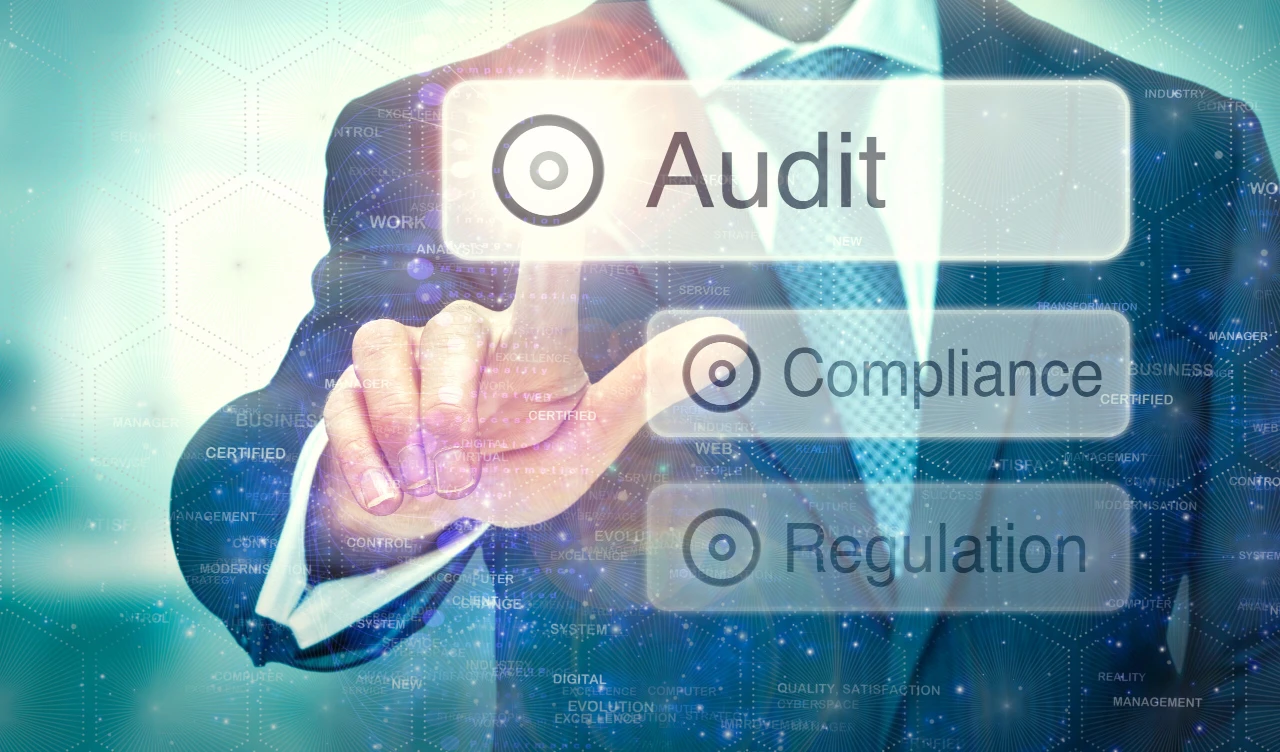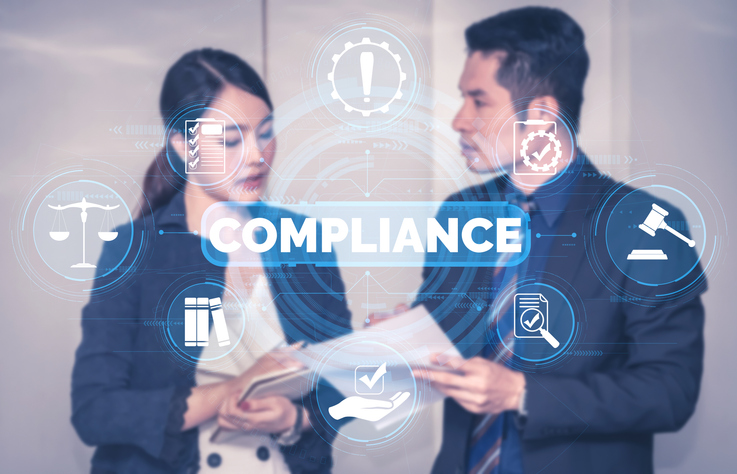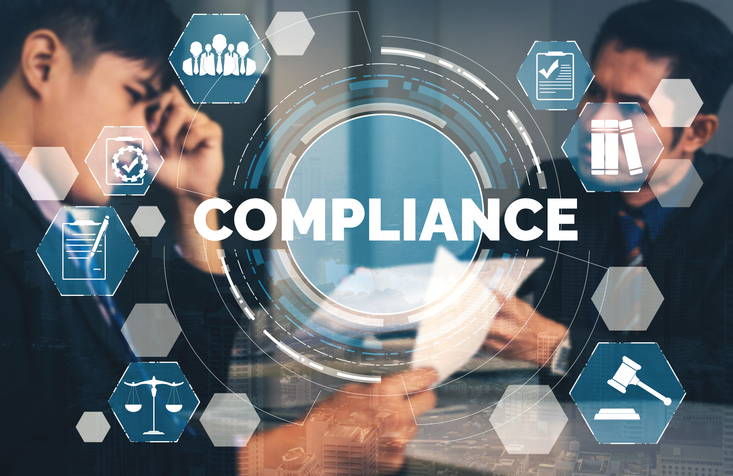As regulatory expectations rise and workplace standards evolve, companies must do more than simply trust that their practices are compliant. They need proof. That’s where a compliance audit becomes essential. More than just a checkbox exercise, a compliance audit is a powerful tool for assessing risk, reinforcing accountability, and building a culture of integrity within your workplace.
What Is a Compliance Audit?
A compliance audit is a formal review of an organization’s adherence to regulatory guidelines, internal policies, and legal requirements. Conducted by either internal teams or external auditors, this process examines whether business practices align with standards in areas such as ethics, safety, anti-bribery, data privacy, and employment law.
The audit identifies gaps between policy and practice and provides a roadmap for closing those gaps. In highly regulated industries like healthcare, finance, and manufacturing, compliance audits are not just helpful—they’re often mandatory.
Why Are Compliance Audits Important?
Compliance audits serve several critical functions:
- Risk Mitigation: They help uncover compliance gaps that could result in legal penalties, fines, or reputational damage.
- Operational Improvement: Audits identify inefficiencies in processes or outdated policies, allowing businesses to course-correct.
- Cultural Accountability: A regular audit signals to employees and stakeholders that the organization values ethical behavior and continuous improvement.
- Regulatory Readiness: Staying prepared for a government inspection or third-party review can save time, money, and stress down the line.
What Do Compliance Auditors Look For?
While the specifics vary by industry and regulation, common areas of focus in a compliance audit include:
- Documentation of policies and procedures
- Employee training records
- Code of conduct adherence
- Incident reporting and investigation protocols
- Anti-discrimination and anti-harassment measures
- Data security and privacy safeguards
Auditors will assess whether employees understand and follow compliance procedures, and whether leadership demonstrates a commitment to ethics and accountability.
Preparing for a Compliance Audit
Whether your audit is scheduled or a surprise, preparation is key. Here are a few best practices:
- Centralize Documentation: Store policies, training logs, and communications in one accessible location.
- Conduct Self-Assessments: Perform internal reviews regularly to catch and fix issues before an external audit.
- Train Your Team: Ensure employees understand expectations around compliance and know how to report potential violations.
- Leverage Compliance Tech: Platforms like Emtrain provide real-time risk indicators, embedded training, and audit-friendly analytics that make compliance easier to manage and demonstrate.
Make Compliance Part of Your Culture
A compliance audit shouldn’t be something your team dreads. It should be an opportunity to reflect, improve, and strengthen your organizational culture. At Emtrain, we believe that effective compliance starts with education, transparency, and employee engagement. Our platform helps organizations integrate HR compliance training with actionable insights, so you’re always audit-ready and culture-strong.








